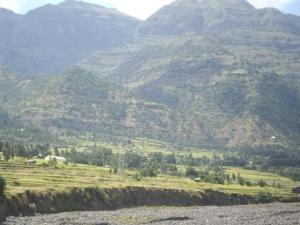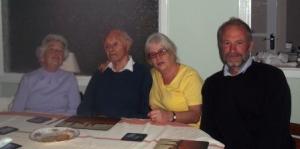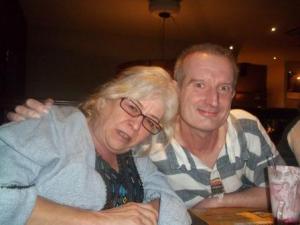Before we left England, I’d been in contact with Susan, who co-owns and runs the amazing Ben Abeba restaurant and she had booked us rooms in the Top 12 hotel newly opened and run by a neighbour of hers a short walk up the road from the restaurant. After the journey – and after the rather basic experience of staying with David – sleeping on the floor and washing with cold water from a bucket – the hotel was the epitome of luxury. Get this for a bathroom!
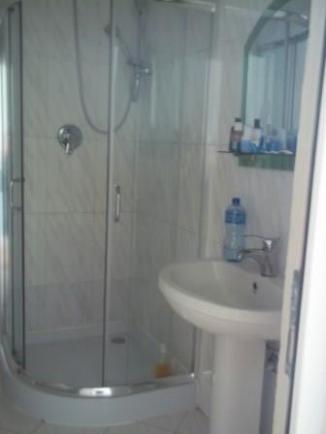
OK I know it looks like any bath store catalogue picture in the UK: you had to be there to really appreciate it. So we had a long hot shower and then went to drink chilled South African white wine on one of Ben Abeba’s flower-like terraces. Fantastic to see how this amazing building looks finished, and to be entertained by the local staff Susan has trained so well. One of the waitresses is from a village very near to our sponsor daughter, Tamralech – this is absolutely a meeting of two worlds as Ethiopia begins to enter a global twenty-first century culture. Speaking of which, Susan had just had wireless broadband connected to the restaurant, so do take your laptops / tablets / phones etc there with you.
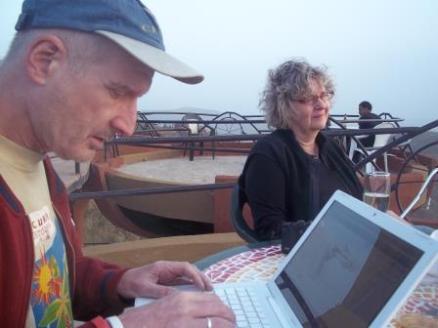
NB Marian with South African white wine nicely chilled – and Steve with Susan’s laptop.
It’s a little breezy up there on the terrace.
On Wednesday we had breakfast with Marian and then set off with our PLAN guides to Tamralech’s village – a shame we didn’t realise the road passed the airport, or we could have given Marian a lift there to catch her plane back to Addis. We did see her plane come into land on our return journey, and experienced another of those collisions of the old world and the new.
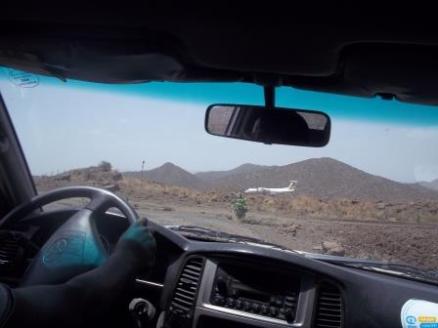
Once past the airport, there was no road to speak of. We bounced up and down hills in the 4 wheel drive and crossed several river beds. Tamralech’s village really is remote. Even in good weather it must be a good two hours walk to access any amenities at all – and in the wet season it must be impossible to go anywhere.
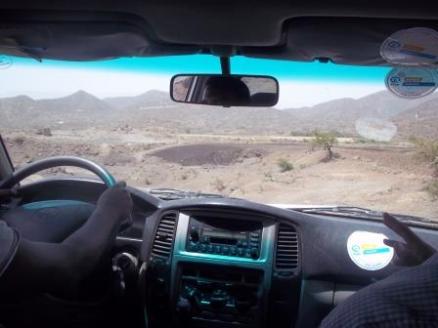
One of the uses PLAN has made of sponsors’ money is to build a school which you can see from where the family lives. Tamralech started school last month, aged 6, and is the first person in her family to go to school. Previously the walk to the nearest school would have been daunting (and dangerous) for a young girl, and in any case, with no running water, girls have a full-time job on their hands carrying jerry cans to the nearest stream to supply the family’s water needs.
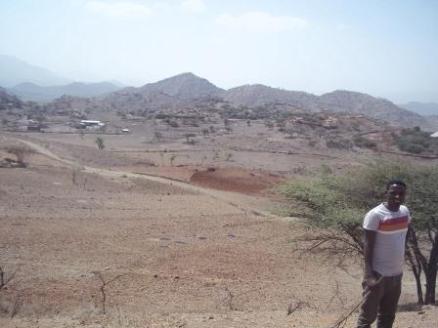
You can see the metal roof of the school building top left with the hills behind it.
We had a good visit with the extended family – we saw traditional tukul huts that each family group has for sleeping – and we were invited into the large communal tukul to eat injera and berbery with most of the adults – along with a young goat, several chickens and a small cat.
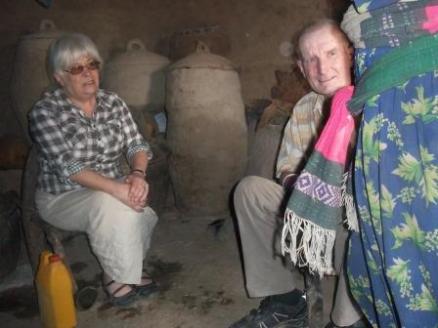
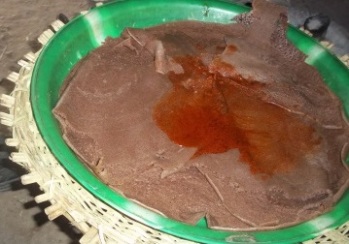
Injera is served in the big tukul
Initially Tamralech was very shy and had to be coaxed out to meet us by her mum.
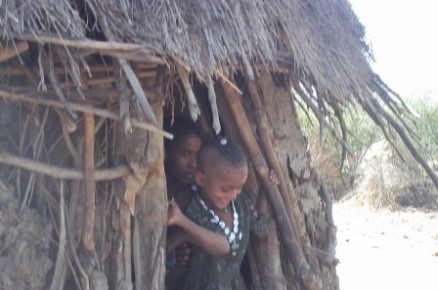
Once she saw the baby toys we had brought (thanks to my colleague Louise) she was overcome with delight and was soon playing happily with us. There is a new baby in the family, but I don’t think there’s much chance of her getting her hands on these any time at all.
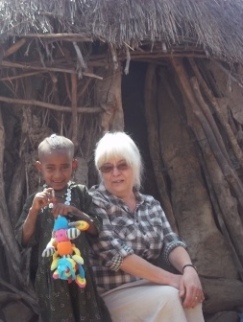
We gave sweets and pencils to all the other children in the extended family and mum seemed very pleased with the coffee beans.
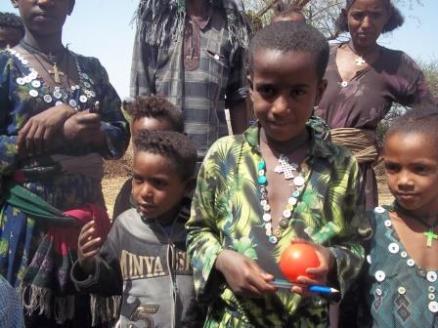
This is the fourth visit we’ve made to a sponsor child, and it’s always awe-inspiring to meet these families and to join them briefly in their daily lives. It makes the routine correspondence by letter and exchange of photos very special. Actually, these days I often send emails. Who knows how soon we’ll be using Skype to show each other what we’re up to?
After an hour or so we said our goodbyes and were driven along the track to visit the school. Our arrival got us a lot of attention – not many ferengi visitors come to this part of Lalibela I suspect. From there we went back towards the airport and called in on the PLAN financed health centre. Here the staff spoke English and were pleased to show us round – and not slow in telling us that for all the equipment they have, they always need more. Again, it was rewarding to see how sponsors help improve the lives of whole communities, not just the individual children they sponsor.
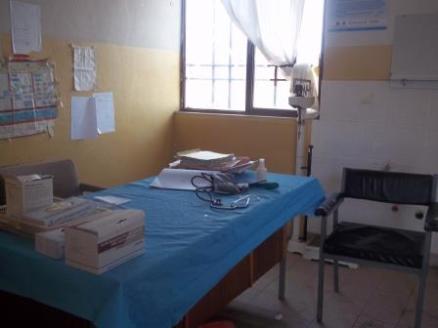
We were back in Lalibela in time for a late lunch at Ben Abeba and to watch the Irish film crew who were using the restaurant as a backdrop for a film I believe will be called ‘Wild’ when it is released. They had converted the toilets (also noted for being the best in Ethiopia) into a basic laundry. Susan had the inspired idea of their giving each of the girls who work in the restaurant an allowance to buy an outfit for Fasika (orthodox Easter) which would then be temporarily used as ‘washing’ hanging up near this ‘stream.’ All very colourful – and everyone benefits.
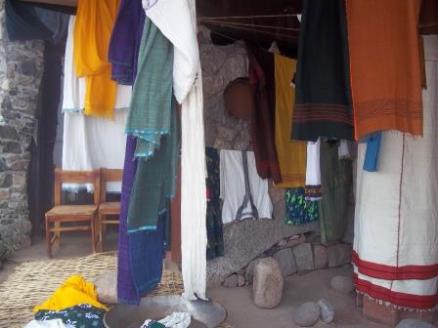
The following evening we ended up sitting by the bonfire with a sound technician and had a very convivial evening. A final comment from Susan: “Tell everyone we make other good food as well as shepherd’s pie.” A comment in the Lonely Planet guide seems to have made this the default order for most people, which is a shame as the menu has lots of good stuff on it, local and ferengi. I really liked the soups – all made with local vegetables, so that’s another section of the community getting an economic boost from Susan’s initiative.
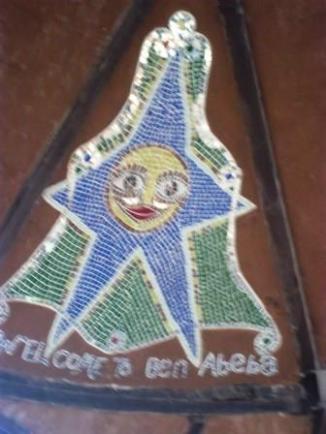
A lovely mosaic in Ben Abeba – and the inside restaurant
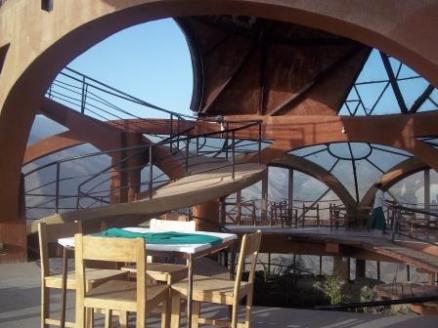
Before we left, we had a day to look round Lalibela. I’d already seen the churches when I visited with Marian (to celebrate William and Kate’s wedding – since it was a bank holiday in England I thought I’s have a day off too) in 2011.
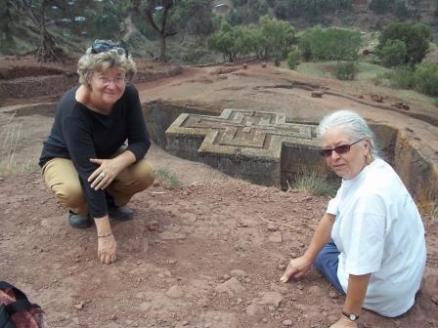
Bet Kidist Georgis in 2011 – definitive tourist pose! NB my hair still in their Fasika sheruba
Steve didn’t want to go on his own – too expensive for one thing – it’s better if you can share the cost of a guide – so we went to The Seven Olives for lunch. Like most of the Durg era hotels it has beautiful gardens though the rooms aren’t as snazzy as Top 12.
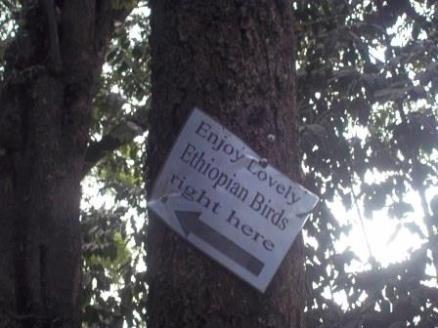
Seven Olive’s garden above – Top 12 room below
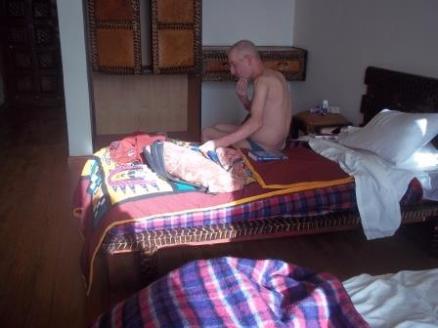
We went to the bank to change dollars into birr for the weekend, bought some post cards, and talked to a fair number of local youngsters, most of whom wanted money, obviously, but they were pleasant and at least offered services in return – shoe shine, a coffee ceremony etc We’ll be back so there will be other chances for Steve to have the full tourist experience.
Friday was an early start and our turn to take a minibus to the airport. The first time I visited Lalibela it was a strange experience from being very much in the minority as a white person to suddenly being in a polyglot ferengi crowd with hardly any Ethiopians at all, on the bus and even more so at the airport. Actually this time there were not many people of any nationality. Our plane to Axum was less than half full. This was when I really began to feel like a tourist. I hadn’t managed to travel as far north as Axum whilst living in Woldia, so the town was new to me, and so was the language. It hadn’t occurred to me that Tigrinya was so different from Amharic and it was a shock not to be able to communicate or to understand at all what was being said around me. I thought my Amharic was pretty poor but now realised it was good enough to be useful, for shopping, using local transport and in restaurant s and cafes.
Fortunately we were lucky enough to be staying with Viv and Gareth (VSO colleagues), so that helped us to find out how to visit the stellae field, how much bajajs ought to be charging and where to find a pharmacy to get Steve some anti-biotics to kill off whatever it was that had upset his stomach since the stay in Woldia. They, like David, were managing without running water in the house, but they did have a good kitchen and a massive fridge, so we ate well. We also had a very pleasant evening out at the Yeha hotel the last night we were there – another really lovely mature garden. Our more routine evening entertainment involved them thrashing us at Scrabble – they know many 2 letter words I never knew existed!
Axum is an interesting place – a very old culture, from the beginnings of Christianity – indeed the Ark of the Covenant (the actual biblical one, not a replica of the kind kept in every orthodox church) is said to be kept in the holy of holies in St Mary of Zion.
The stellae are some kind of funerary item – they have carvings on some of them which reminded me of the temple carvings in Luxor. They look like enormous headstones, but seem to represent whole buildings – like skyscrapers. The museum explains some of their history and I’m sure a guide could have told us a lot more if we’d hired one.
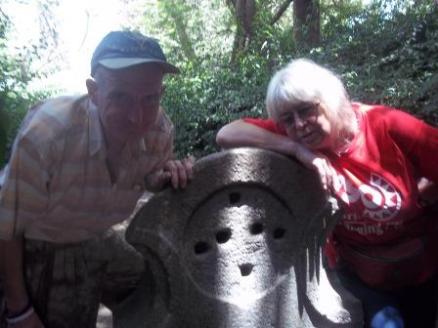
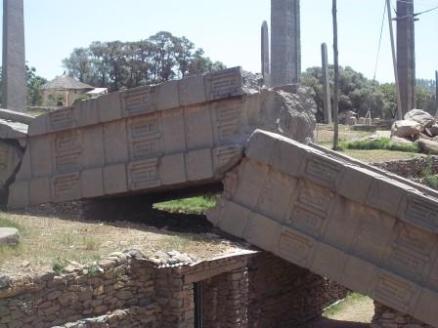
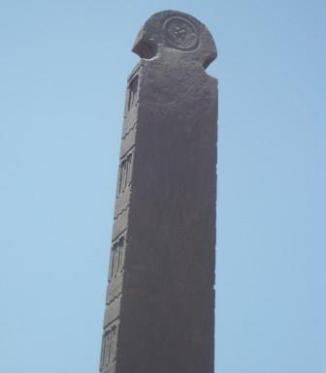
I particularly liked the Queen of Sheba’s bath – she must have been a big girl to need all that space – and I liked the locals doing their washing and watering their livestock as the afternoon grew cooler.
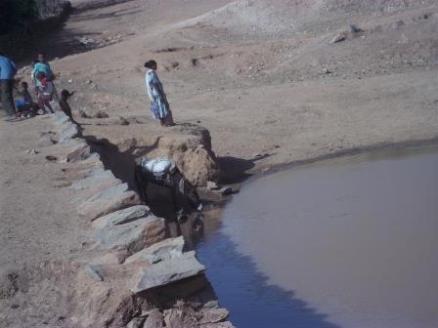
Gareth and Viv took me on a walk round the hilly perimeter of the town and showed me where there were some very old tombs – again reminiscent of Egypt – and led me to a most odd experience of being let into a corrugated iron shed in a field where there was a massive stone with the same text carved in three ancient languages. It’s called King Ezana’s inscription and is known as Ethiopia’s Rosetta Stone.
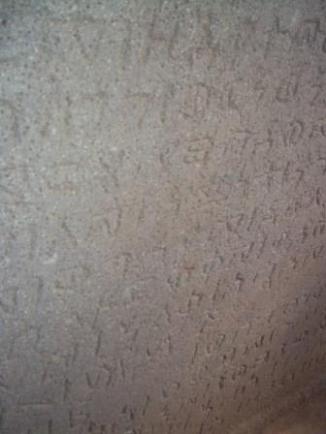
King Ezana’s inscription – in Ge’ez
Steve missed this as he was in bed nursing his poorly tummy, though thankfully he was beginning to recover by the time we got back.
Axum was definitely worth visiting – and from what Gareth and Viv said was a good place to live. Much, much more on that topic can be found on the blog Viv wrote during their time with VSO. http://gandvinethiopia.blogspot.co.uk/ http://gandvinethiopia.blogspot.co.uk/
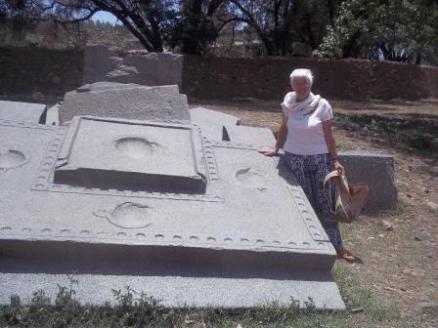
Viv and more stellae
Now our journey took an interesting turn. We’d planned to fly from Axum to Gondar than make our way back to Addis on the bus via a night in Bahir Dar. Unfortunately the flight was full on our chosen day, so we went for plan B. It looked possible, though quite a long way, to travel by road. We found out that this would mean a short journey to Shire and an overnight stay so as to be on the early morning bus to Gondar. This was another occasions when I wished I knew some Tigrinya! It began well enough – we found out where the minibus to Shire picked up at the bus station and I don’t think we were overcharged.
As we walked out of the bus station in Shire, right in front of us was a hotel and I swear the sign read The Shit Hotel, so I burst out laughing and said, “Well we have to stay there!” Actually when we got right up to the door, it actually said ‘Snit’ – which I think was an Anglicisation of the fidel which seemed to read ‘Senit’ (Senate??) Anyway it wasn’t that posh – but not as ‘snit’ as it might have been Our room cost 150 birr, which is quite expensive to say the en suite had only cold water and a broken shower. The room was clean though – no bugs or cockroaches, so we slept well after eating in the restaurant there.
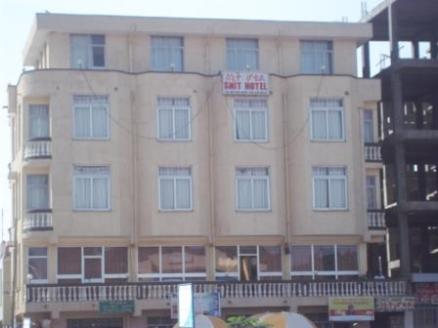
Well what does that sign look like to you?
So far so good, but OMG! That bus journey. We finally left at nearly 7am, so we’d been up over an hour longer than was strictly necessary. It was an old local bus, not like the Sky and Selam buses that we’re used to for long distance journeys.
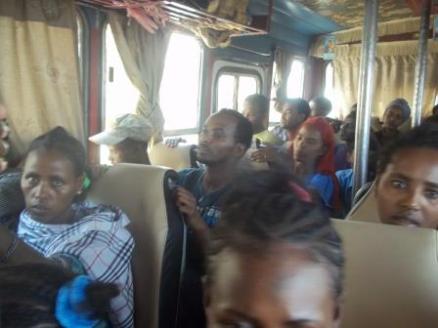
On the bus – there was actually an enormous digging machine just outside the window near the back door
– the bright sunlight has wiped it out – but believe me it was typical of the whole journey’s sights
But the roads were indescribable. Yes, the Lonely Planet guide is quite right about the stunning mountain views, however China infrastructure improvements have turned this into a hundred or so mile long road works! Not one section at a time, but the whole road is strewn with earthmovers, diggers, flatteners, piles of stone, men in fluorescent jackets with stop and go signs (mainly stop.) It was late afternoon before we got back onto a decent road surface in Debark with a good 50 miles still to cover. A word of advice: if you’re thinking about doing this route by road, I suggest you wait about 3 years – it should be a good (though mountainous and bendy) road once finished. Do not attempt it before then!
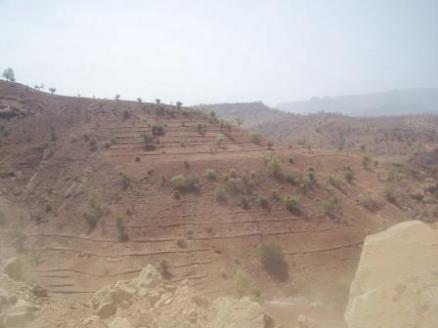
Stunning mountain views as we drove through the foothills of the Simians
Added to this we misunderstood the purpose of the only stop we made in a very small town – we couldn’t see anywhere much to go and eat – or indeed any potential for a toilet that we might contemplate using, so we thought there would be a proper lunch stop later. Wrong! And given Steve’s recovering bowels it was a matter of some concern if he’d actually make it to Gondar without incident. He did, but you have never seen anyone run so fast when we found a hotel near where the bus put us down. It was a case of, ‘Shintabet – ahun – URGENT!’ Fortunately we were back in an Amharic speaking town!!
Anyway, we did get there, just as it was going dark, and after a very much appreciated beer in the hotel (it seemed polite to repay them for the use of their facilities), we took a bajaj to Jenny’s apartment at the Universal Guest House. And more in the next instalment about what happened when we hit Gondar the next day.
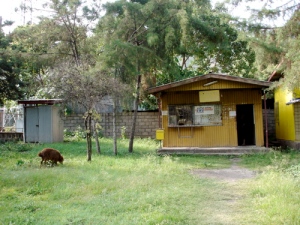
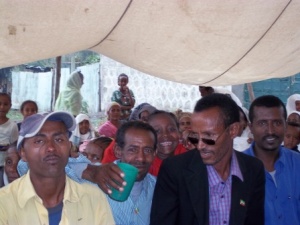
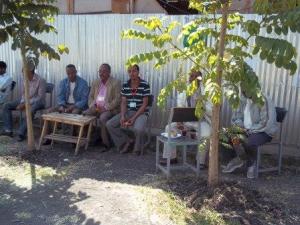
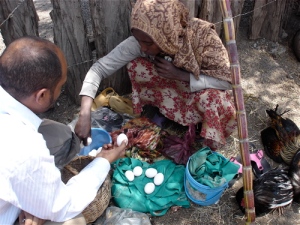
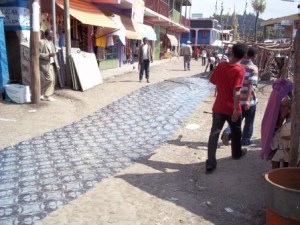
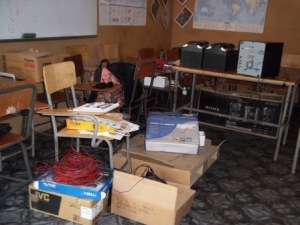
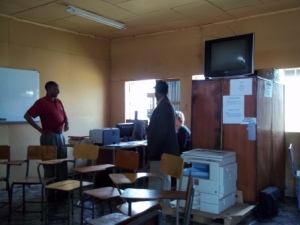
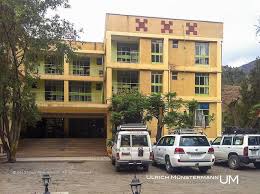
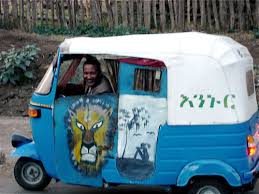
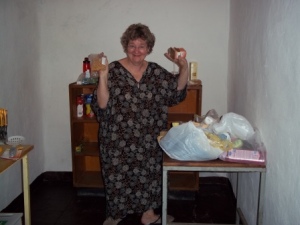
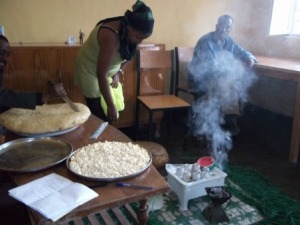
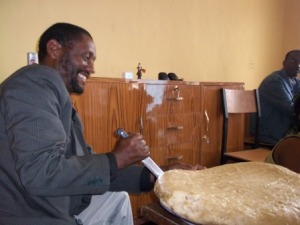
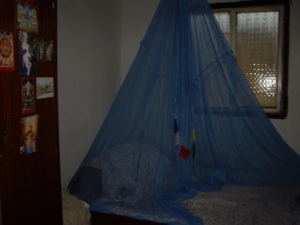
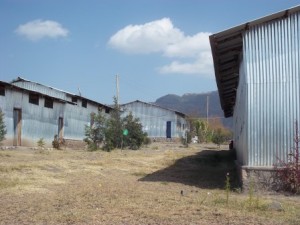
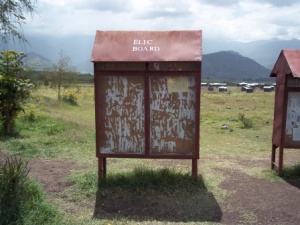
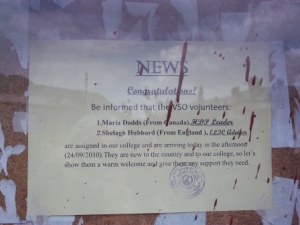
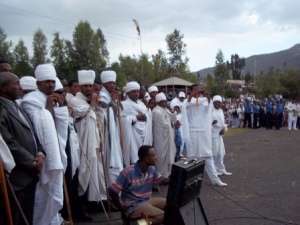
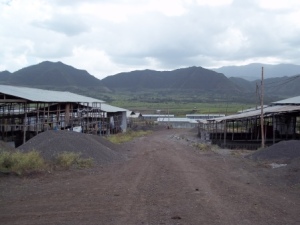
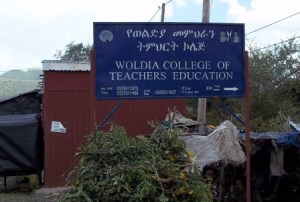
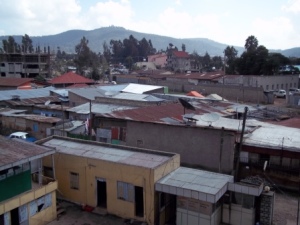
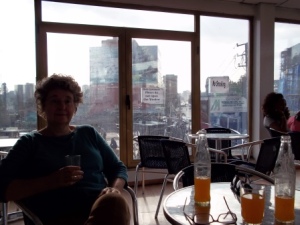
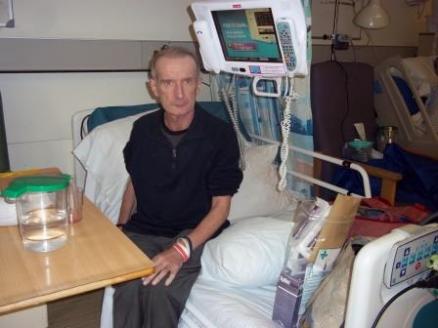
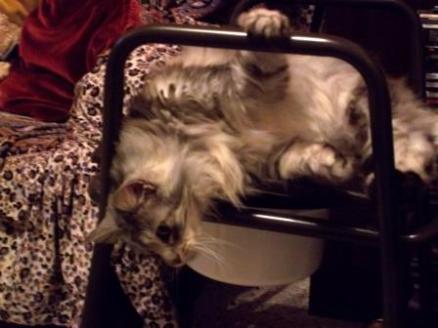
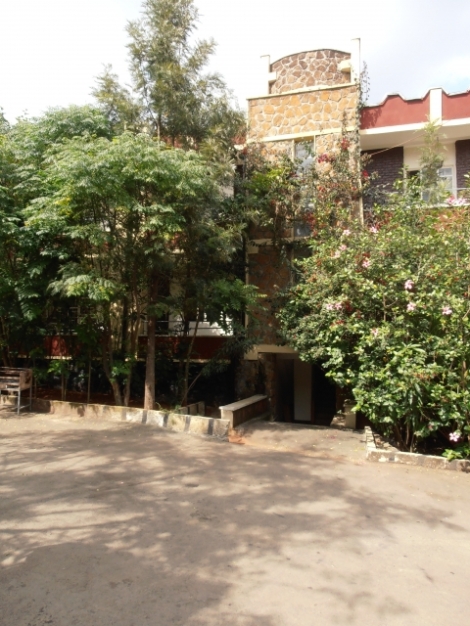
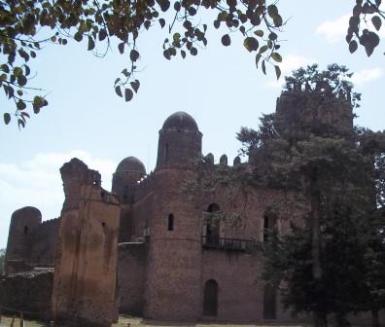
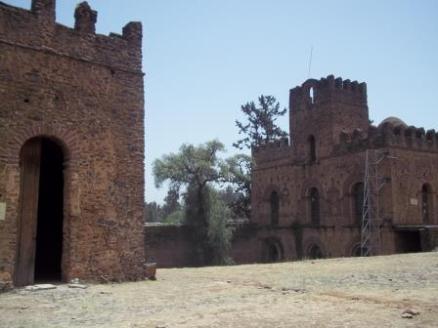
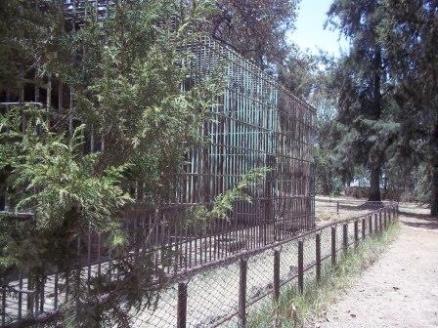
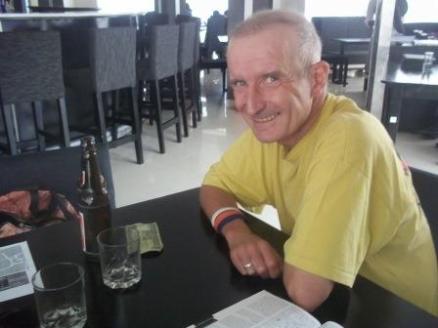
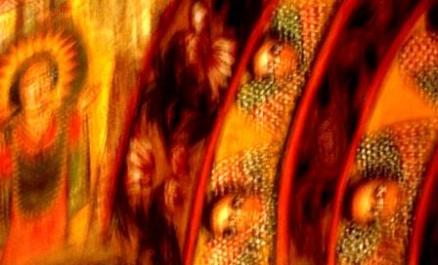
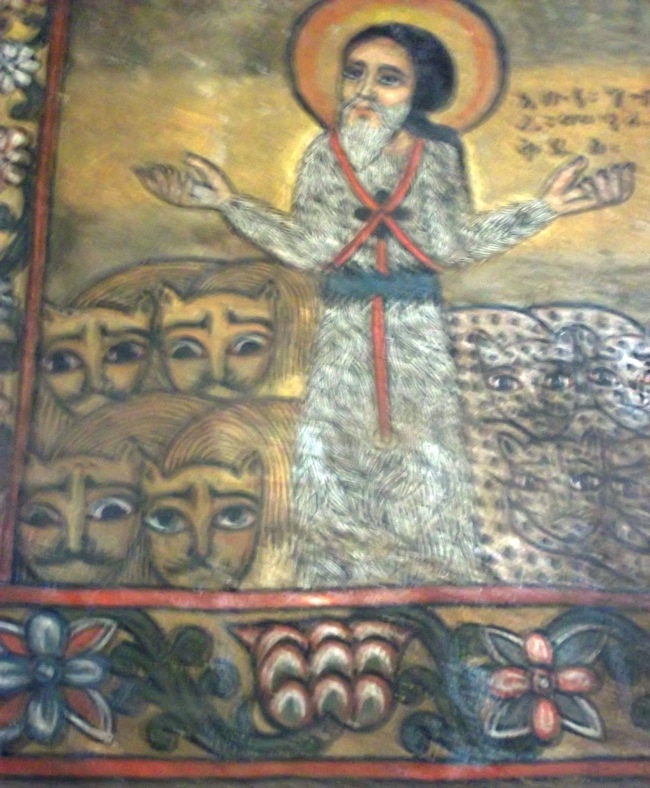

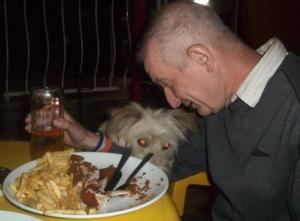
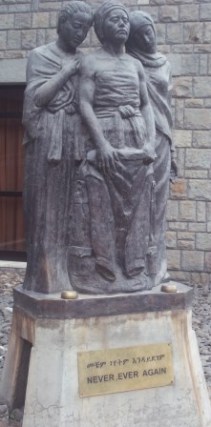
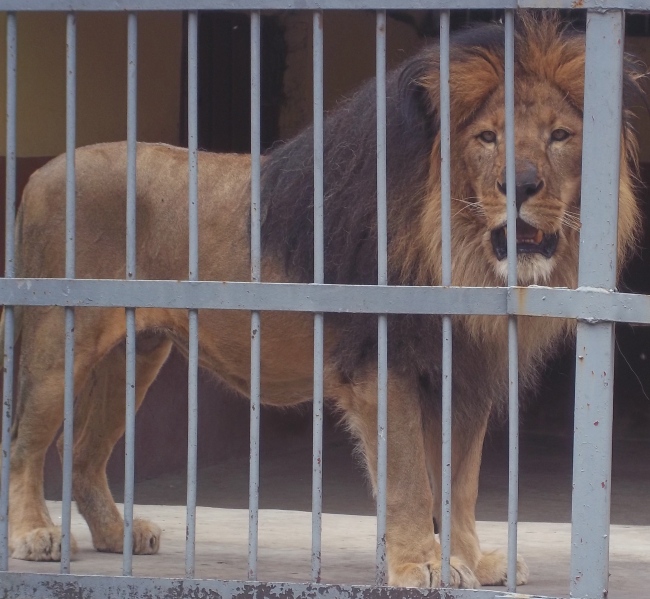
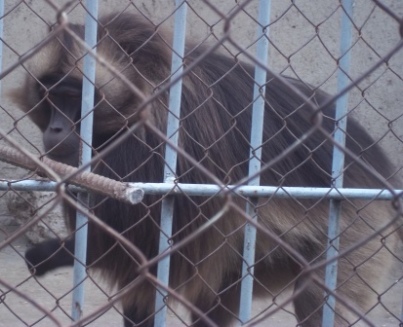
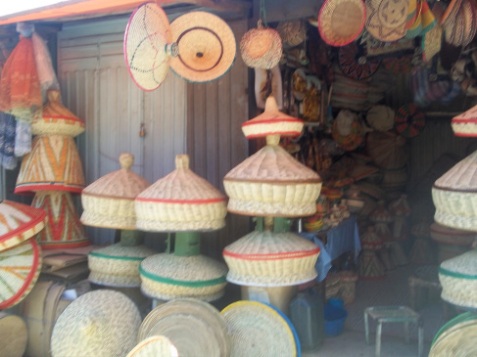
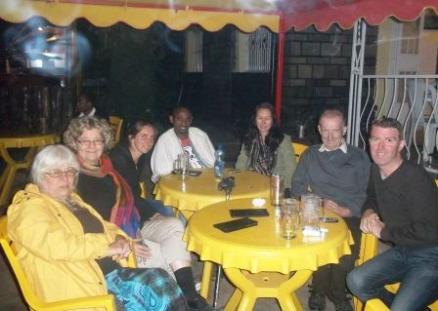


























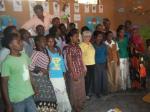
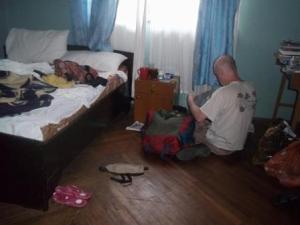
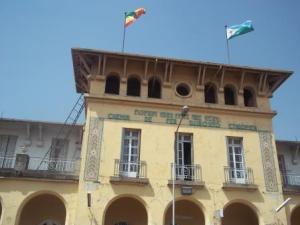
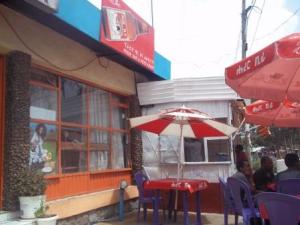
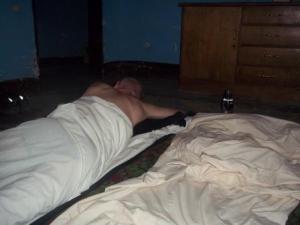
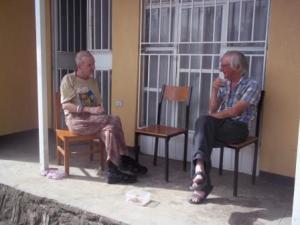
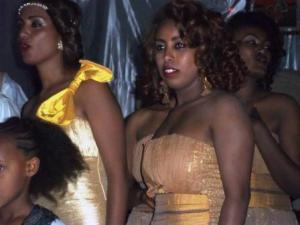
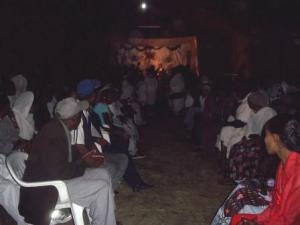
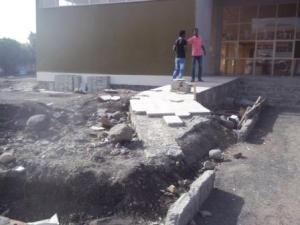
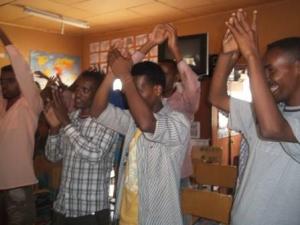
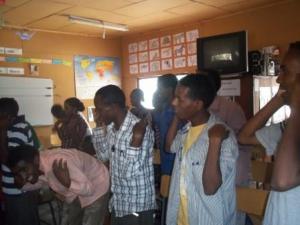
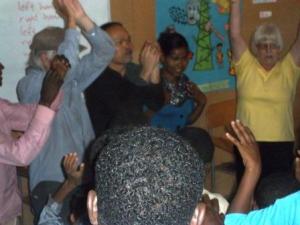
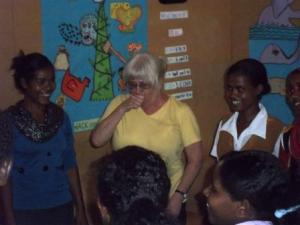
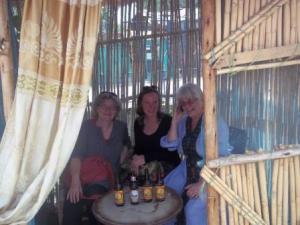
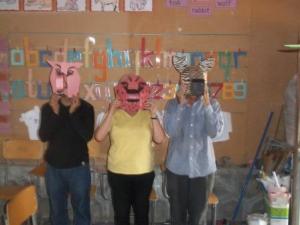
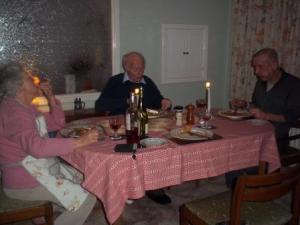
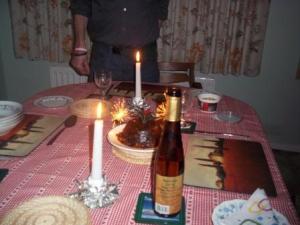
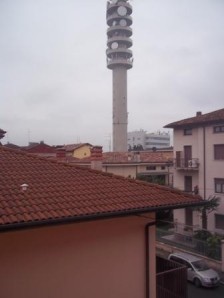
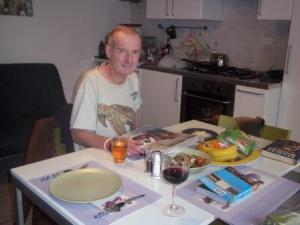
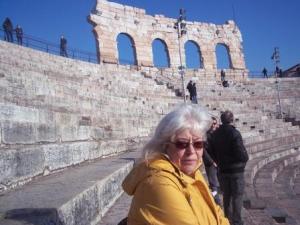
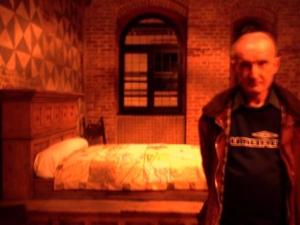
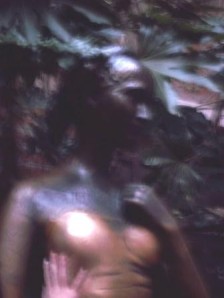
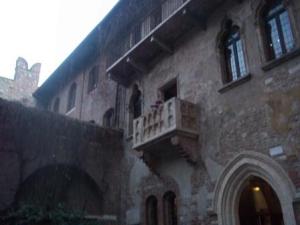
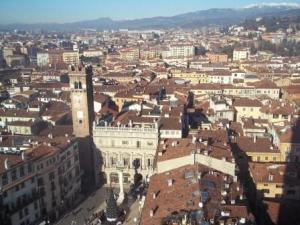
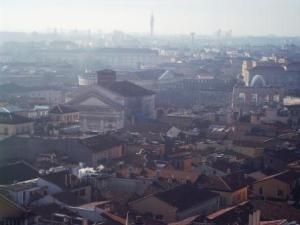
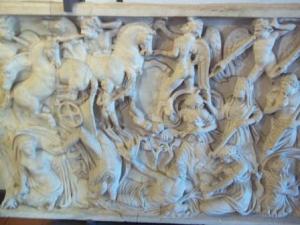
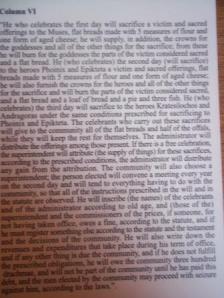
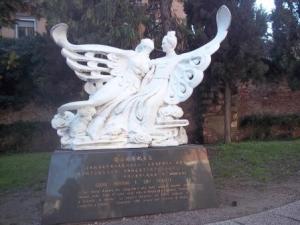
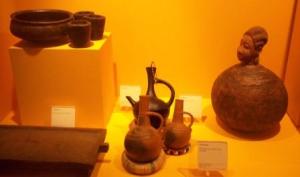
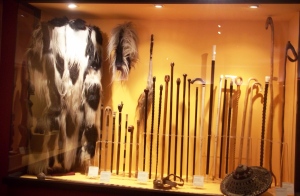
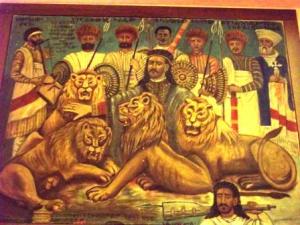
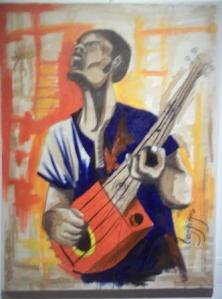
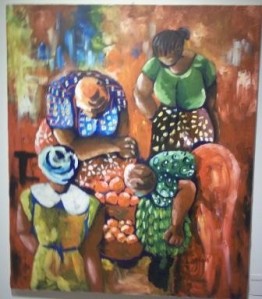
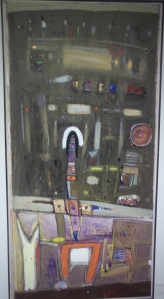
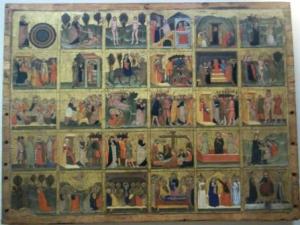
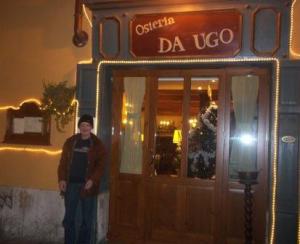



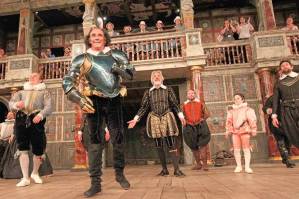
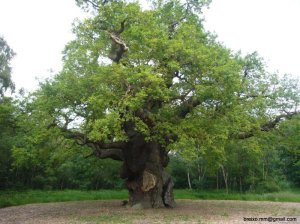
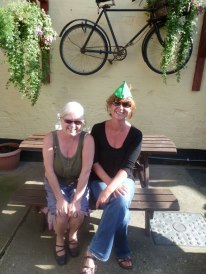




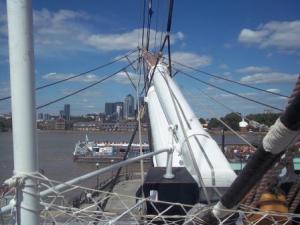

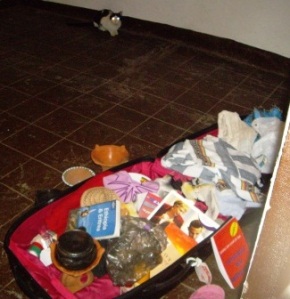
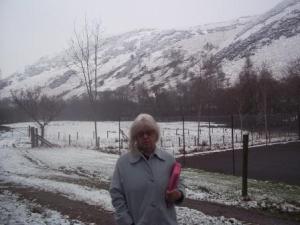



![NottinghamUniversitySamworthAcademyMain-Cropped-714x335[1]](https://wordsfromwoldia2.files.wordpress.com/2012/04/nottinghamuniversitysamworthacademymain-cropped-714x3351.jpg?w=300&h=140)
![Girl@Board[1]](https://wordsfromwoldia2.files.wordpress.com/2012/04/girlboard1.jpg?w=300&h=225)
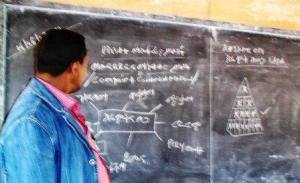
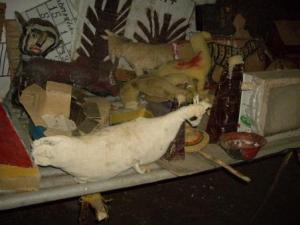
![meadowhall[1][1]](https://wordsfromwoldia2.files.wordpress.com/2012/04/meadowhall11.jpg?w=300&h=214)


